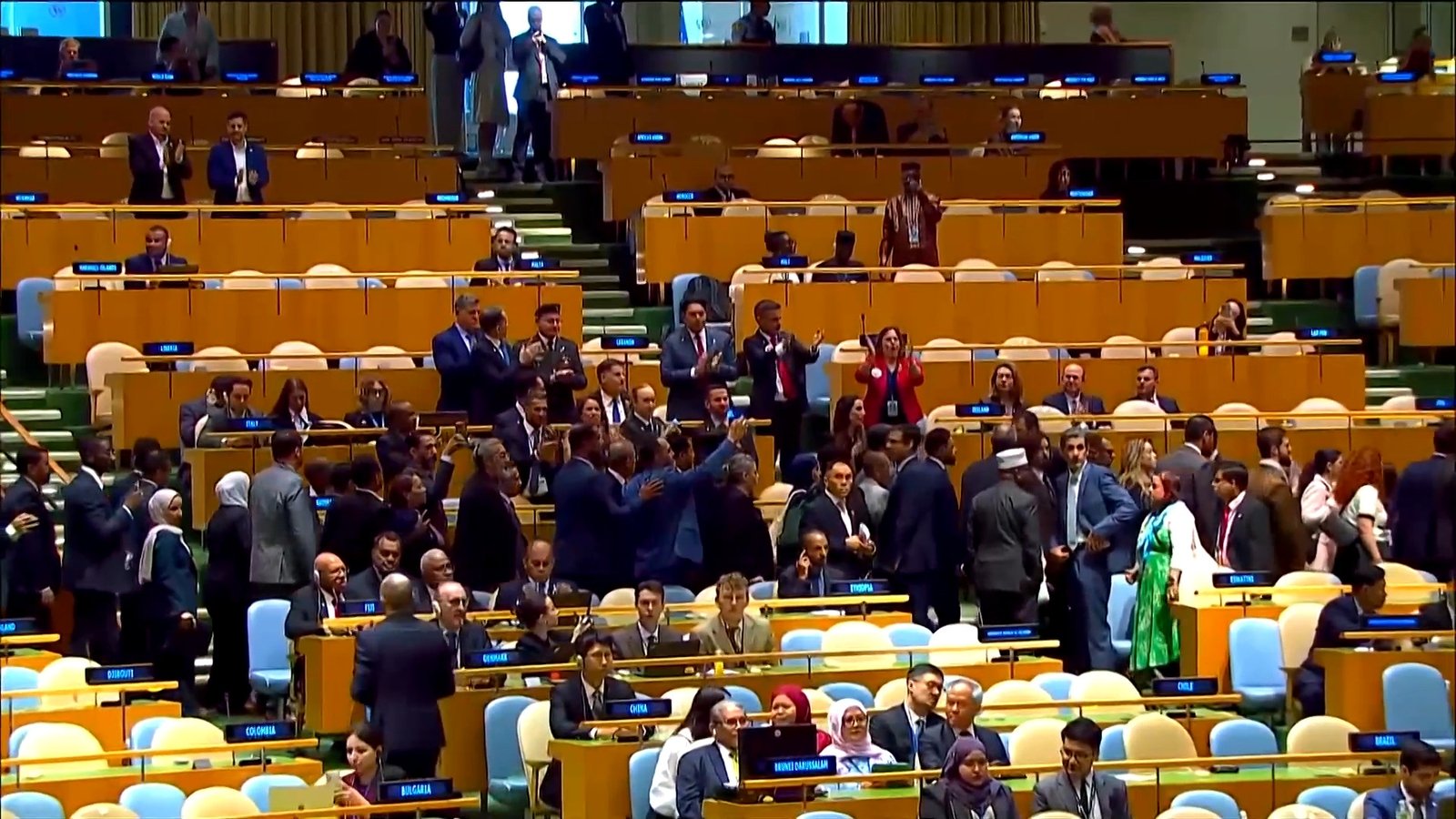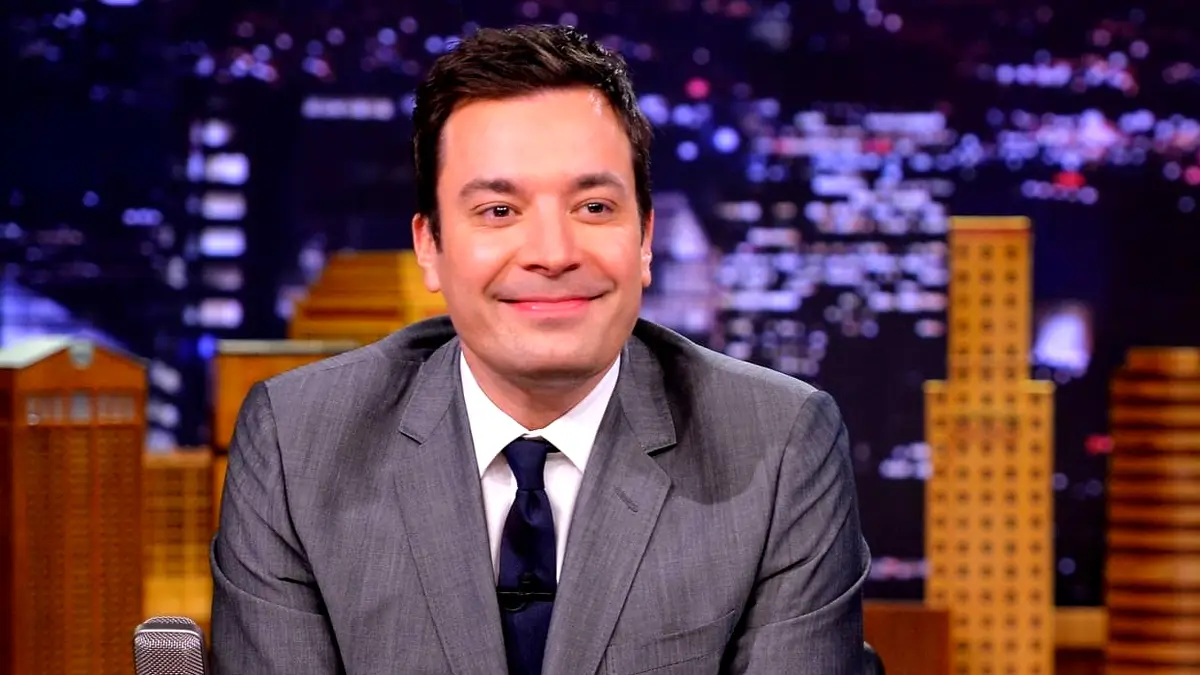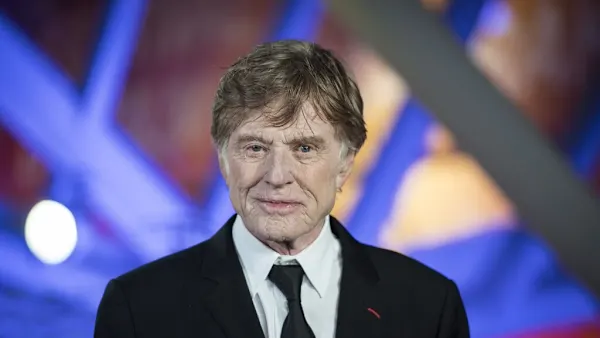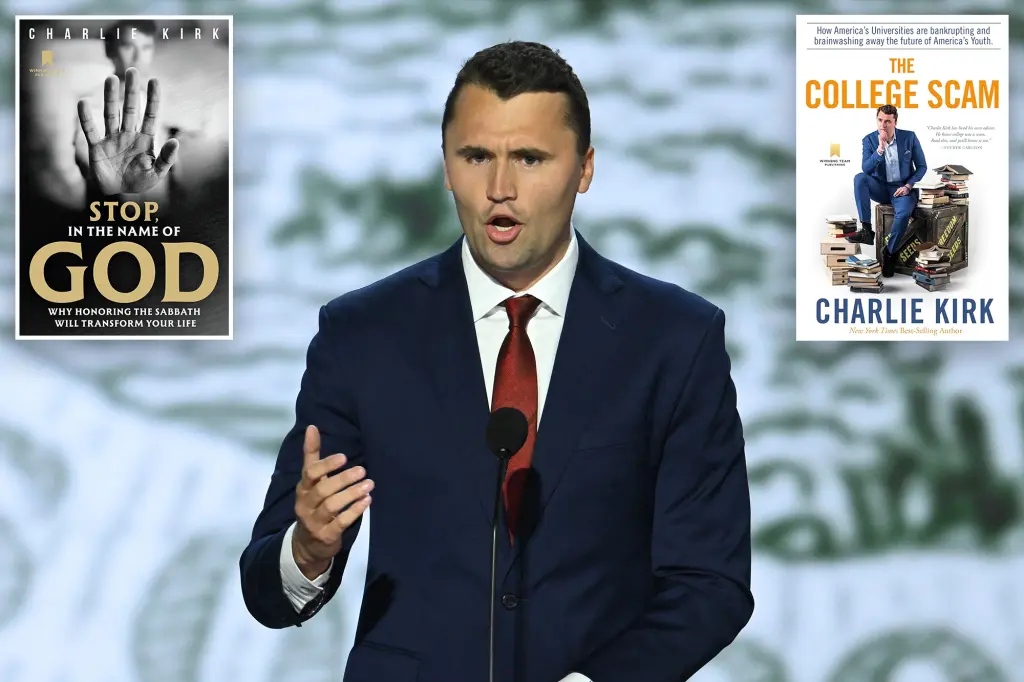By hanad,Prime Minister Netanyahu
Copyright jowhar

A Quiet Exit, a Roar of Consequence: The Day the General Assembly Shifted
The great chamber at the United Nations felt smaller than usual the moment Benjamin Netanyahu stepped toward the podium. Voices thinned. Jackets rustled. A ripple of movement—almost a choreography—swept across the rows as scores of delegates simply stood up and walked out.
It was not theatrical whimsy. It was a deliberate, public rebuke. “We were not present in the General Assembly for the speech by Prime Minister Netanyahu,” an Irish foreign ministry spokesperson later said, a short statement that cut across headlines with quiet force.
For the rest of the world, the image of diplomats filing out—backs turned on the leader of one of the world’s most watched conflicts—is a moment that registers beyond politics. It’s a portrait of exasperation, fatigue, and a demand for different answers.
Words on the Podium, Lives in the Rubble
From the lectern, Mr. Netanyahu delivered what he and his supporters call a reluctant resolve. He pledged to keep fighting the armed group that attacked Israel and to never stop looking for hostages still held in Gaza. “We will not rest until the threat is removed,” a senior Israeli official later told reporters, capturing the tenor of the speech.
For many in that room, the words collided with other realities: a territory all but hollowed by war. Local Gaza health authorities say more than 65,000 people have died, a statistic that sits with the gray weight of official counts and the intimate grief of families who cannot find their loved ones in the ruins. Whole neighborhoods are unrecognizable—apartments reduced to slabs of concrete and twisted rebar, a child’s toy half-buried in dust.
“You can’t explain this unless you’ve smelled the smoke,” said Dr. Amina Khalil, a surgeon who has spent months working in a makeshift hospital in northern Gaza. “We are operating in the dark sometimes—literally. No electricity, no sterile supplies, and a steady stream of the injured. Every siren changes the rhythm of our day.” Her voice is steady but frayed. “People ask whether anything is being done to protect civilians. We keep asking that question to the sky.”
The Human Math
Numbers try to do the impossible: make sense of loss. But numbers also drive policy. Gaza is home to roughly 2.3 million people, squeezed into 365 square kilometers of land. Whole families have been displaced multiple times, and the infrastructure that supported life—water, sanitation, hospitals—has been damaged or destroyed. Humanitarian agencies repeatedly warn that shortages of food, clean water, fuel and medicine are creating conditions ripe for further catastrophe.
“This is not a battlefield where combatants are neatly separated from civilians,” said Lina Hadad, an analyst with a humanitarian NGO. “The density of Gaza’s population and the extent of destruction means every military strike ripples through civilian life.” Her assessment is blunt: relief access and legal protections are the difference between recovery and collapse.
Diplomacy in Motion: Recognition, Pressure, and Possibility
While delegates exited the hall, the diplomatic landscape outside the chamber was shifting. In a symbolic but consequential wave, ten countries formally recognized the State of Palestine this week—an act meant to increase pressure on Israel to halt its military campaign and to reshape the international conversation about statehood and rights.
“Recognition is a tool,” said Professor Thomas Marin, an international law expert. “It doesn’t end wars, but it changes legal and political leverage. It allows new pathways for negotiation, for claims at international courts, and for humanitarian engagement. Symbolism becomes leverage.”
Yet recognition also polarizes: it can deepen divides, provoke retaliatory policy moves, and complicate peacemaking. The question hanging over these actions is fundamental and personal at once: can the world move from symbolic measures to practical protection for people on the ground?
Voices from the Ground and the Hallways
Outside the UN, in a cafe that has become a tiny amphitheater for conversation, a group of students argued late into the afternoon about strategy and morality. “We can’t cheer for proclamations,” said Noor, a graduate student in international relations. “But silence lets suffering be normalized. Recognition forces people to talk about solutions.” Her companion, a veteran diplomat, smiled ruefully and added, “Talk must be followed by access: humanitarian corridors, ceasefires, accountability.”
Down in Gaza, the language is smaller and sharper: names, birthdays, and the everyday routines that war has stolen. “My son used to bring me coffee every morning,” said Mahmoud Al-Salem, sitting among a pile of blankets in a temporary shelter. “Now I wake up and I’m counting the days since I last saw him. They tell me he might be in a mass grave. What should I do with this morning coffee?” His hand trembled as he set the cup down.
Experts Weigh In
“Prolonged conflict will further erode the prospects for a two-state outcome, and will harden positions on both sides,” said Dr. Sara Kline, a Middle East affairs scholar.
“International recognition of Palestine alters legal frameworks. It matters not just symbolically but in terms of jurisdictions and mechanisms of accountability,” added Professor Marin.
“Humanitarian law is clear on protecting civilians; the challenge is enforcement in a crowded, modern urban battlefield,” observed Hadad.
What Do We Do Now?
It’s tempting to search for a clear ending, a paragraph where the international community unanimously declares a ceasefire and trucks roll in with aid. But history rarely writes such neat conclusions. The story is messy: a mixture of politics and pain, of symbolic gestures and practical gaps, of speeches and silences.
And yet, there are choices. Will global leaders translate recognition into escorting aid convoys? Will renewed diplomatic pressure be accompanied by guarantees for hostage negotiations? Will media and civil society keep the faces of victims in public view so that numbers do not become abstractions?
These questions matter not only to policymakers but to each of us as citizens of a connected world. How do we balance the moral urgency to protect civilians with the political complexities of negotiations? When does symbolism become an instrument of change rather than a lament?
Closing: The Quiet That Follows
When the last delegate left the assembly hall, the microphones continued to hum, waiting for the next speech. Outside, the city kept its ordinary rhythms: sirens, taxis, the smell of roasting chestnuts on the corner. But inside Gaza, the ordinary had been broken in ways that will take generations to mend.
Perhaps that’s the smallest and largest reason this moment matters. The world watched a leader speak—and many chose, silently, to turn away. That act was both a rebuke and an invitation: to look elsewhere, to listen harder, to reckon with consequences. What we decide to do with that invitation will determine not only the fate of a particular place, but the contours of what the world considers tolerable in war and what it insists on protecting in peace.
Where do you place your hope? In law? In diplomacy? In the battered courage of doctors and volunteers? In the small acts that keep a family meal alive? The answer will guide the next chapter.



